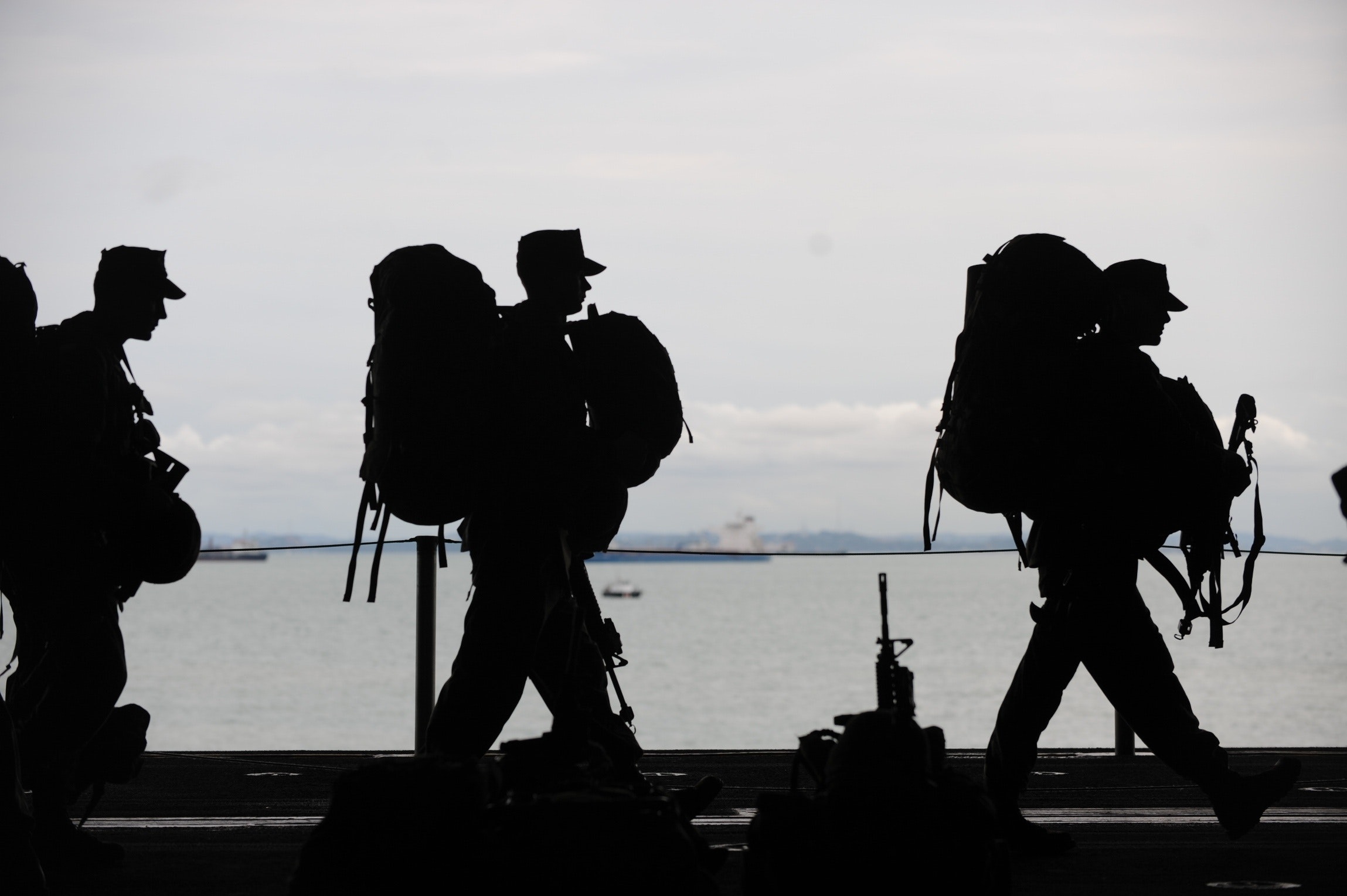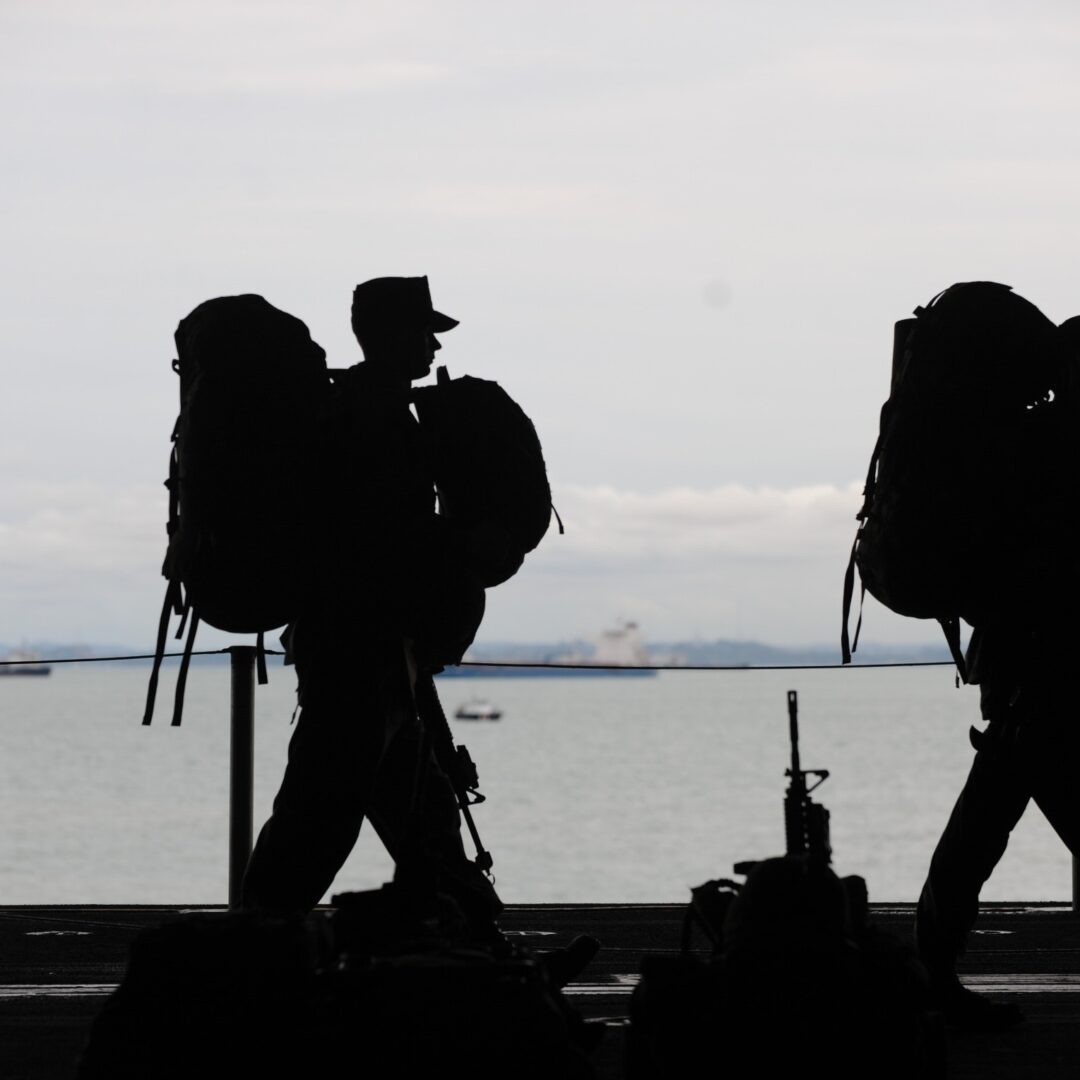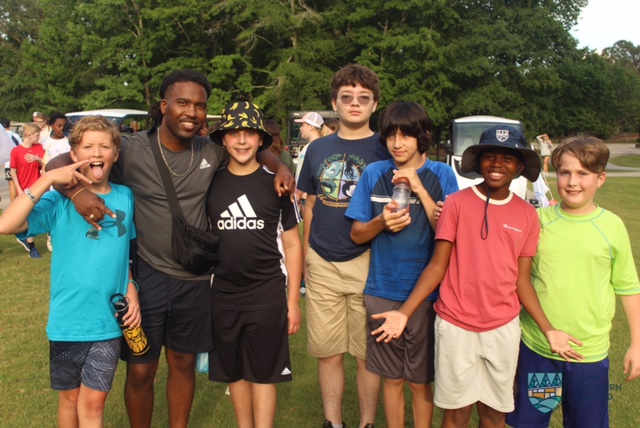
By Bob Lupton
They were training us to kill. There was no question about that. It was kill or be killed. There were only two kinds of soldiers, the drill sergeants emphasized – the quick and the dead. They had names for our enemy: gooks, slants, dinks and other derisive descriptions of these communist miscreants bent on taking over the world. Our job was to kill and destroy as many as we could. We were shown pictures of unimaginable atrocities that would be our fate if we failed to eradicate them first. Hate for the enemy was OK, natural. It was like hating evil. And we were on the side of right. Best not to have feelings for these savages.
I suppose such indoctrination and conditioning may be necessary when going to war. Portraying the enemy as evil and subhuman allows us to feel justified – even proud – about killing them. But if we allow ourselves to have feelings for these people, think about them as humans with fiancés and families and dreams, something like compassion can leach into our values and cause us to hesitate. And hesitation can be dangerous. It can allow us to suspend hate for a moment. It can allow us to see a person, look another human directly in the eye, see in his face the same intense emotions that we are feeling. It can tempt us (for just an instant) to extend a hand of understanding rather than the point of a bayonet. It could be fatal.
Vietnam is a fading memory (for most), but there is no shortage of new conflicts. Some require military engagement. Other clashes, those much closer to home, are handled by local militia. Like quelling a race riot triggered by the shooting of a black youth by a white police officer. Or law enforcement descending on college protestors who have turned violent. The incendiary rhetoric spewed from angry mobs and the strong-arm tactics employed by heavily armed police have striking similarities to the conflict I experienced in Vietnam. Not nearly as violent, of course, but some of the same strategies to turn humans into enemies. As long as we can de-personalize people with derogatory labels, assail their motives as evil, assign them to groups bent on destruction, we can then despise them and feel righteous in doing so. Civility be damned. No place for empathy. The war must be won at any cost. And just like Vietnam, the news media, politicians, and preachers enter the fray.
Rallying people to action, especially to a cause that promises to correct a grave injustice, is so much easier (and more exciting) than convincing adversaries to sit down and listen to each other. We want action, not understanding. But what if we were to discover that, in the value system of the Kingdom, pursuing Shalom was a higher priority than combatting an injustice? If that were true, then we would need to learn an entirely different vocabulary and adopt new methods of engagement. We would need to eliminate hurtful labels and prejudicial portrayals from our rhetoric and replace them with kinder, less demeaning language (like neighbor instead of Nazi or friend rather than lunatic liberal). We would need to practice listening disciplines – train our minds to remain focused on understanding what our opposition is saying rather than racing ahead to formulate our next counter-response. We would have to look into the enemy’s eyes and see the pain and anger and frustration hidden behind his intensity. And for a moment, allow ourselves to feel empathy.
What if there were a way for diametrically opposed people to suspend their deeply held beliefs just long enough to hear the legitimate points of the other’s position? What if that could be done without sacrificing one’s own convictions? What if a deep level of mutual understanding could be developed that respected the good embodied in the other’s beliefs? Would not such Shalom-seeking be beneficial, even redemptive? Could it not produce a better society for our children to grow up in?
Ah, but I am dreaming. This is far too much to ask of those who deal in power. Just too much to lose. Wars have winners and losers and no one wants to risk becoming a loser. I know, I fought in a war we lost. Even so, I think Shalom might be worth a try.












